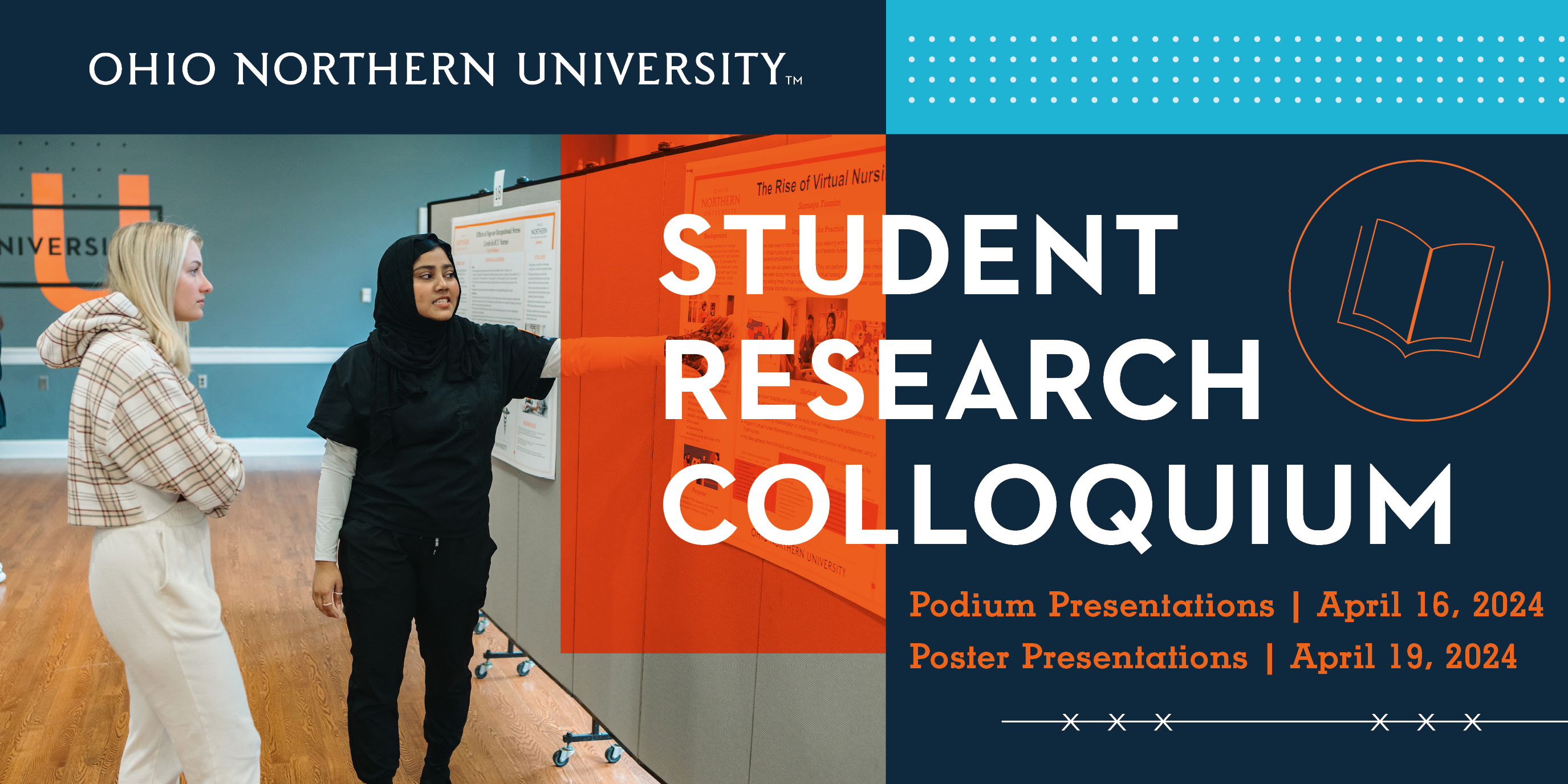Inclusivity and Belonging: Qualitative Impact of Nursing Student Organizations
Advisor(s)
Dr. Jamie Hunsicker
Confirmation
1
Document Type
Poster
Location
McIntosh Activities Room
Start Date
19-4-2024 11:00 AM
End Date
19-4-2024 11:50 AM
Abstract
Problem: Student attrition rates increase when students do not feel included or a sense of belonging. There is little to no evidence as to what improves nursing students’ sense of belonging and inclusion.
Purpose: The purpose of this project is to describe the experience of nursing students involved in nursing student organizations in relation to their sense of belonging and inclusion.
Methods: In this qualitative study, a list of preliminary activities for National Student Nurses’ Association (NSNA) and a professional nursing fraternity were planned for the 2023-2024 academic year. At the beginning of the academic year, a pre-survey identified perspectives of nursing students on how both organizations support student inclusivity and belonging. Pre-survey qualitative data was analyzed for themes based on the answers. Nursing students completed post-surveys during the end of February to the beginning of March to evaluate how activities impacted students’ sense of belonging and inclusion.
Results: Four themes were identified based on the pre-survey: Mentorship, Giving Back, Connections, and Nursing Community. Post-survey data is currently being analyzed.
Conclusion: Nursing student organizations aim to better prepare nursing students for a nursing career through networking, mentorship, service, and education. By being involved in nursing organizations, students gain a sense of belonging and inclusion in the nursing program that ultimately retains and prepares the students for professional careers. Opportunities were identified for student organization growth that will guide programming moving forward, therefore promoting a sense of belonging and inclusion.
Recommended Citation
Van Zoest, Natalie M., "Inclusivity and Belonging: Qualitative Impact of Nursing Student Organizations" (2024). ONU Student Research Colloquium. 12.
https://digitalcommons.onu.edu/student_research_colloquium/2024/Posters/12
Level of Access
Open Access
Open Access
Available to all.
Inclusivity and Belonging: Qualitative Impact of Nursing Student Organizations
McIntosh Activities Room
Problem: Student attrition rates increase when students do not feel included or a sense of belonging. There is little to no evidence as to what improves nursing students’ sense of belonging and inclusion.
Purpose: The purpose of this project is to describe the experience of nursing students involved in nursing student organizations in relation to their sense of belonging and inclusion.
Methods: In this qualitative study, a list of preliminary activities for National Student Nurses’ Association (NSNA) and a professional nursing fraternity were planned for the 2023-2024 academic year. At the beginning of the academic year, a pre-survey identified perspectives of nursing students on how both organizations support student inclusivity and belonging. Pre-survey qualitative data was analyzed for themes based on the answers. Nursing students completed post-surveys during the end of February to the beginning of March to evaluate how activities impacted students’ sense of belonging and inclusion.
Results: Four themes were identified based on the pre-survey: Mentorship, Giving Back, Connections, and Nursing Community. Post-survey data is currently being analyzed.
Conclusion: Nursing student organizations aim to better prepare nursing students for a nursing career through networking, mentorship, service, and education. By being involved in nursing organizations, students gain a sense of belonging and inclusion in the nursing program that ultimately retains and prepares the students for professional careers. Opportunities were identified for student organization growth that will guide programming moving forward, therefore promoting a sense of belonging and inclusion.

